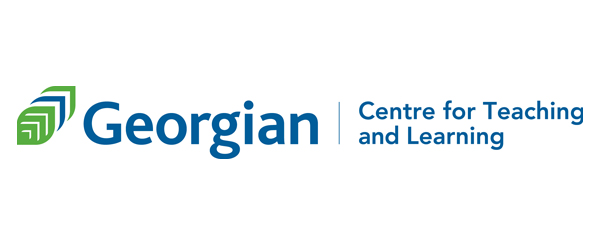
Artificial Intelligence in Teaching
Artificial intelligence (AI) is transforming higher education by enhancing learning experiences and streamlining administrative processes. In classrooms, AI-powered tools personalize education, offering tailored learning paths based on students’ strengths and weaknesses. This allows for more flexible and self-paced learning environments. AI can also assist instructors by automating grading, identifying knowledge gaps, and suggesting instructional improvements.
Please note that the resources provided on this page are for your own exploration. AI evolves daily and we can’t possibly keep up with vetting and testing, so please explore with caution.
Teaching with AI Showcase
Teaching with AI Showcase is a new monthly series from Georgian’s Centre for Teaching and Learning that highlights how faculty and staff are using AI to level up their teaching. Each story shares real, creative ways AI is being used to boost student engagement, design smarter courses, and enhance learning. By learning from their peers, faculty can gain practical insights, explore new tools, and feel inspired to experiment with AI in their own teaching.
These grounded, relatable stories show how AI can be meaningfully integrated into postsecondary education—fostering a culture of collaboration, curiosity, and continuous improvement. Inspired by the global resource 101 Creative Ideas to Use AI in Education, the series brings the conversation home to Georgian, featuring fresh ideas from educators who are leading the way.
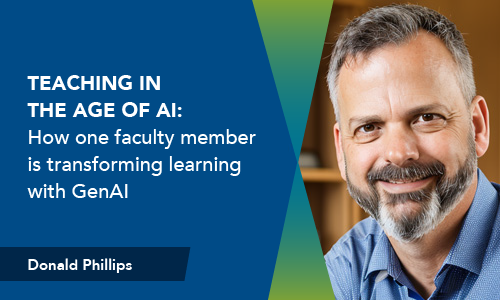
Key themes: AI in Course Design, AI-Enhanced Reflection and Metacognition, AI for student engagement and assessment, AI literacy, Critical thinking and AI, ethical AI use, professional development in AI.
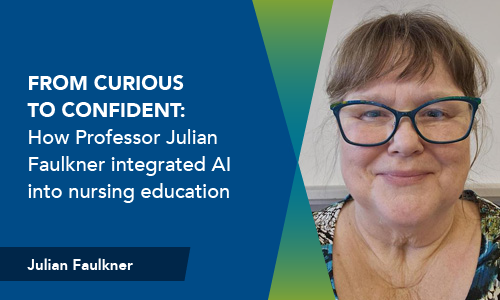
Key themes: AI in nursing education, AI in study strategies, AI literacy, Critical thinking and AI, ethical AI use, professional development in AI.
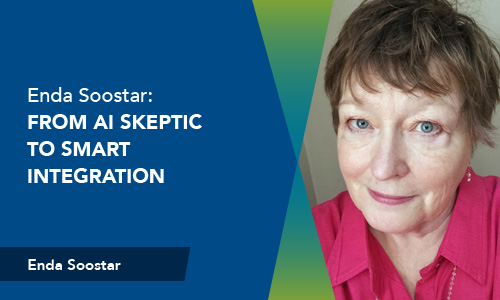
Key themes: AI in faculty workload and efficiency, AI for visual learning, AI for student engagement and assessment, AI literacy, Critical thinking and AI, ethical AI use, professional development in AI.
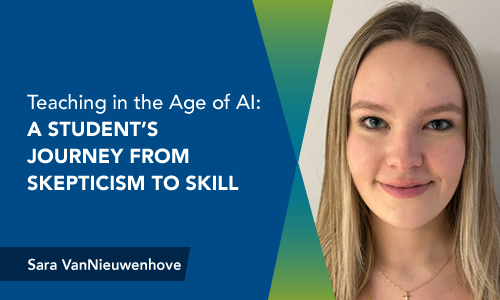
Key themes: AI for Communication and Conflict Resolution, AI as a Student Support Tool, Trust and Psychological Safety in Learning with AI, AI for Student Engagement and Assessment, AI Literacy, Critical Thinking and AI, AI-Enhanced Reflection and Metacognition
Key Topics

AI Essentials
Artificial Intelligence (AI) is transforming industries and daily life, making it essential to understand its core concepts and applications. This list of articles covers key AI fundamentals, from machine learning and neural networks to ethical considerations and real-world use cases, offering valuable insights wherever you are in your experience with AI.

AI and Content Creation
AI is revolutionizing content creation, streamlining workflows and enhancing creativity across industries. This curated list of articles explores how to create effective AI prompts and how you can utilize AI tools to create course content.�

AI and Academic Integrity
AI’s growing influence in education raises important questions about academic integrity. This list of articles explores the challenges and opportunities AI presents. Explore how educators and institutions are navigating the ethical landscape of AI while maintaining trust in academic work.
Want to learn more?
For those that want to dive deeper and learn more, please consider this list of resources:
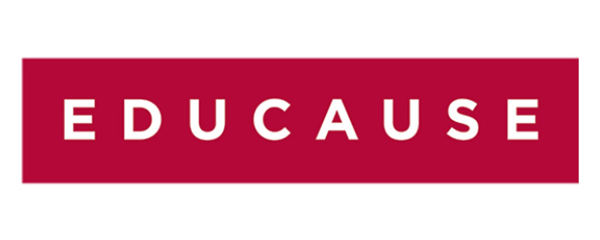
Educause Library – Artificial Intelligence
The EDUCAUSE AI resource page explores how artificial intelligence is transforming higher education. It covers AI’s applications, including personalized learning, chatbots, grading automation, learning analytics, and research support. The page also discusses AI’s opportunities and challenges, such as ethics, infrastructure needs, and policy development. The resource hub includes AI use cases, frameworks, and guidelines for integrating AI into higher education systems.
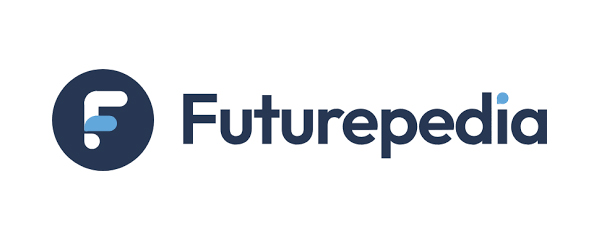
Futurepedia
Futurepedia.io is a comprehensive directory of AI tools, providing users with a vast collection of AI software categorized by functionality. It covers various sectors such as productivity, video editing, writing, business, and creative design. Users can easily find AI tools for specific needs like chatbots, image generation, coding assistance, or even fitness tracking. The platform also features tutorials, innovations, and resources to help users maximize their use of AI technologies.

Inside Higher Ed – Artificial Intelligence
The Artificial Intelligence section of Inside Higher Ed covers the evolving role of AI in higher education. It explores topics like the use of AI for teaching, student advising, and academic libraries, as well as philosophical considerations around its application. The section features articles, surveys, and reports on how AI is shaping student success, faculty work, and institutional strategies, offering insights and guidance for educators navigating AI’s integration into academic life.

TeachOnline.ca – AI in Higher Education
The AI in Higher Education Resource Hub on TeachOnline.ca provides resources and insights into the use of artificial intelligence in postsecondary education. It covers the latest AI developments, practical tools for teaching, and ethical considerations. The hub also features AI-driven applications like intelligent content creation, adaptive learning, and automated grading. It aims to help educators navigate both the opportunities and challenges of AI, such as infrastructure needs, costs, and bias concerns, while encouraging AI as a collaborative tool in education.
